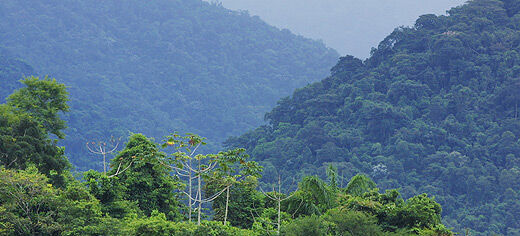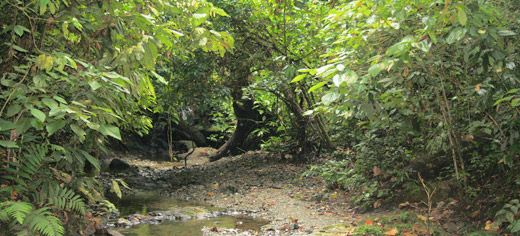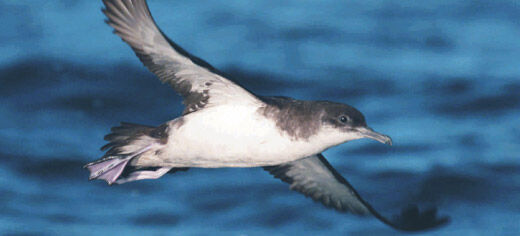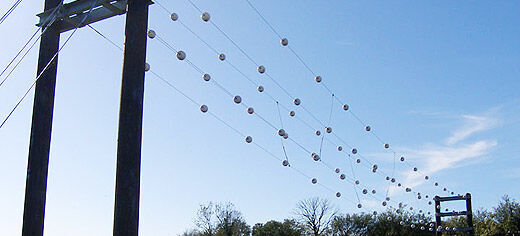
Droughts could profoundly harm river life
Critically low water levels in many rivers could lead to the partial collapse of food webs that support aquatic life, according to a study co-authored by a University of Leeds researcher.

Critically low water levels in many rivers could lead to the partial collapse of food webs that support aquatic life, according to a study co-authored by a University of Leeds researcher.

Deforestation can have a significant effect on tropical rainfall, new research confirms. The findings have potentially devastating impacts for people living in and near the Amazon and Congo forests.

A new study involving analysis of fossil and geological records going back 540 million years, suggests that biodiversity on Earth generally increases as the planet warms.

Forest carbon stocks in protected West African rainforests increased despite a 40-year drought, due to a dramatic shift in tree species composition.

They are one of the most destructive forces of nature on Earth, but now environmental scientists are working to tame the hurricane.

A new study of nine coastal cities around the world suggests that Shanghai is most vulnerable to serious flooding. European cities top the leader board for their resilience.

Researchers at the University of Leeds have found that while UK local authorities are willing to think strategically about energy sustainability, their limited resources make it difficult to act.

Seabirds feed their young less as they reach an age to fly the nest, but it's hormones that actually control when the chicks leave home, according to new research from the University of Leeds.
A rare kind of mineral which scientists hope could be used to remove toxic metals and radioactive species from the environment played a similar, crucial role early in Earth's history.

Wire bridges built to guide bats safely across busy roads simply do not work, University of Leeds researchers have confirmed.